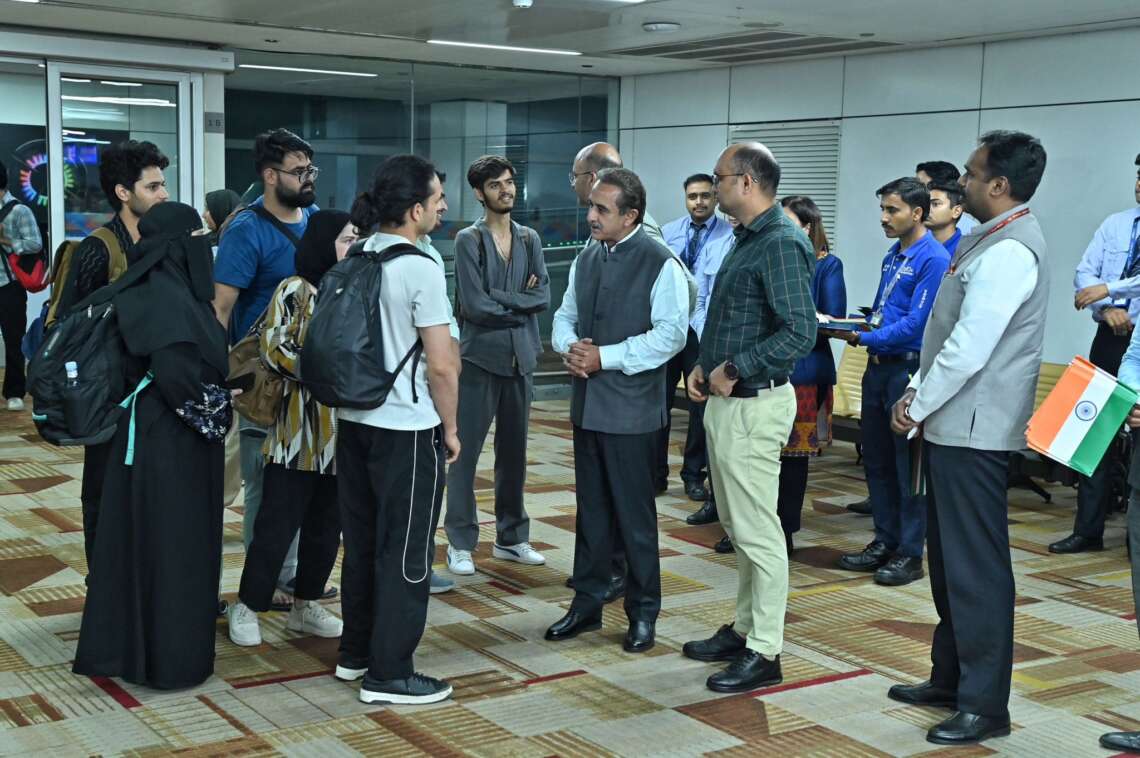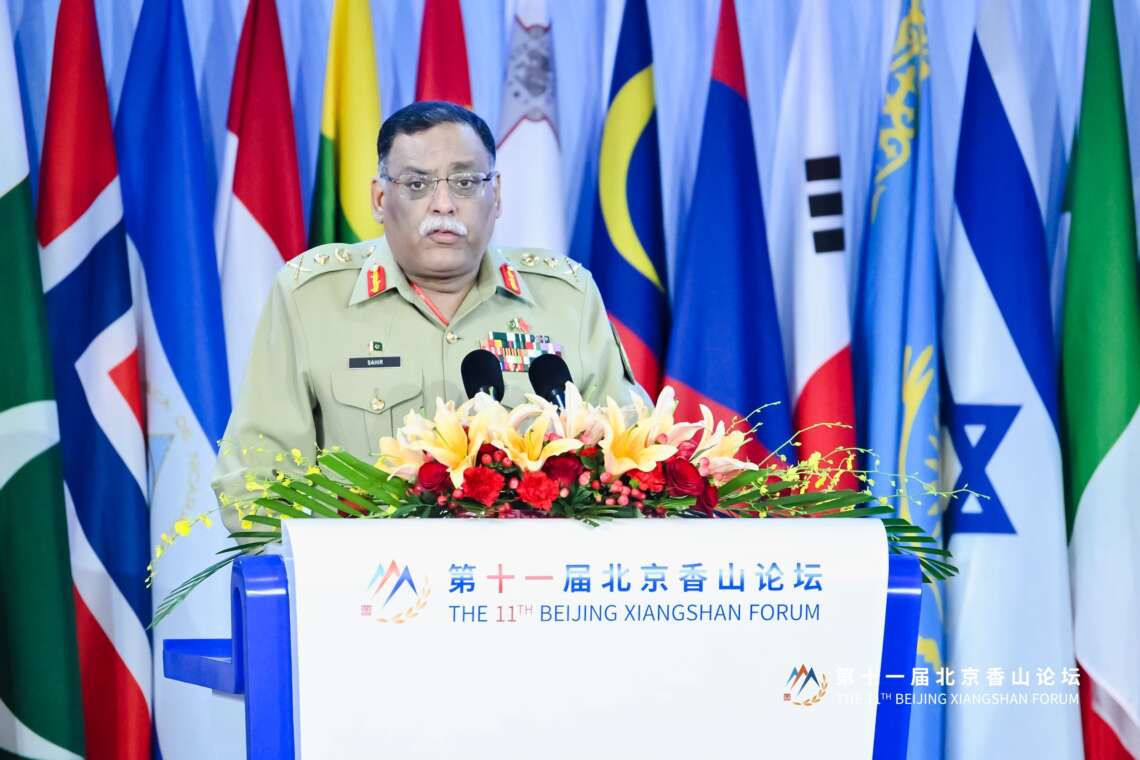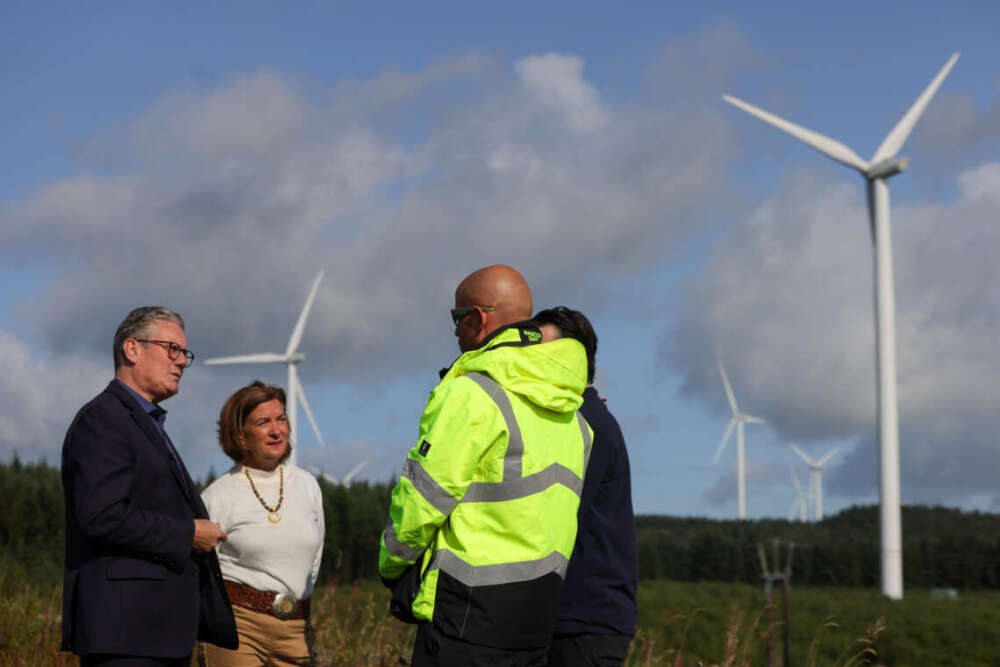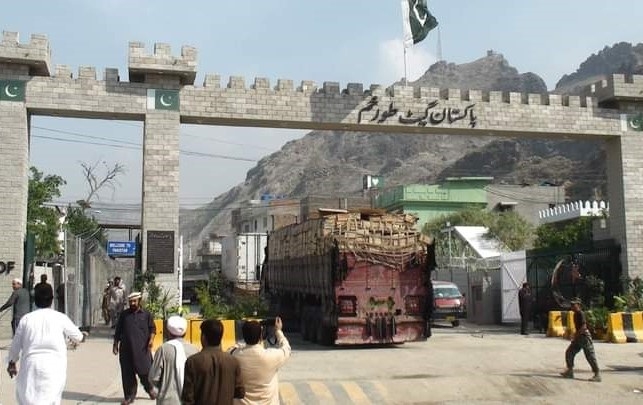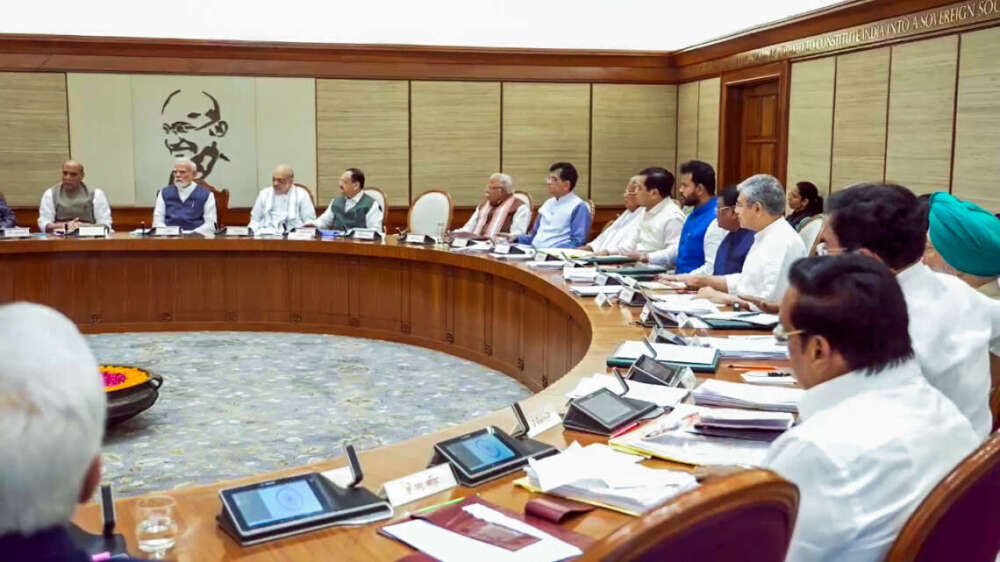The culture of entrepreneurship and innovation is one ‘pandemic’ that India would like to experience continuously. It must spread,” said Nageswaran….reports Asian Lite News
Startup Mission (KSUM) on the third and final day of the event, Nageswaran pointed out that Tier-2 and Tier-3 cities of the country, including Thiruvananthapuram, are emerging as startup powerhouses by leveraging the improvement in infrastructure and respective government’s supportive policies.
“As all of you know very well, we are the fifth largest economy in the world, which on course to become the third largest in a few years. In fact, I would say ‘7-in-7’ is the buzz slogan, i.e., $7 trillion economy in seven years. It is possible by 2030 if India maintains its present growth trajectory, and in that journey startup entrepreneurs are going to play an important role,” said Nageswaran.
“The active participation of startups in India in developing business models on the foundation of expanding physical and digital infrastructure will continue to generate efficiency, revenue and economic returns for the country. The culture of entrepreneurship and innovation is one ‘pandemic’ that India would like to experience continuously. It must spread,” said Nageswaran.
He added that the last decade has seen an exceptional transformation in the startup landscape of India, which has emerged the third largest ecosystem globally, with over 1.12 lakh startups presently recognised by the Department for Promotion of Industry and Internal Trade (DPIIT) across 763 districts.
Among them, many are unicorns with a total valuation of around $350 billion, the CEA said.
Also, the country ranks second in innovation quality.
The innovation in India is not just limited to certain sectors, as startups are solving problems in 56 industrial sectors, with 13 per cent of them from IT services, 9 per cent from health and life sciences, 7 per cent from education, 5 per cent from agriculture, and 5 per cent from food & beverages, Nageswaran said.
“It is significant to note that 49 per cent of startups are from Tier-2 and Tier-3 cities, which has been a game-changer as the business advantages in these locations enable entrepreneurs to operate at lower costs as compared to Tier-1 cities,” Nageswaran added.




